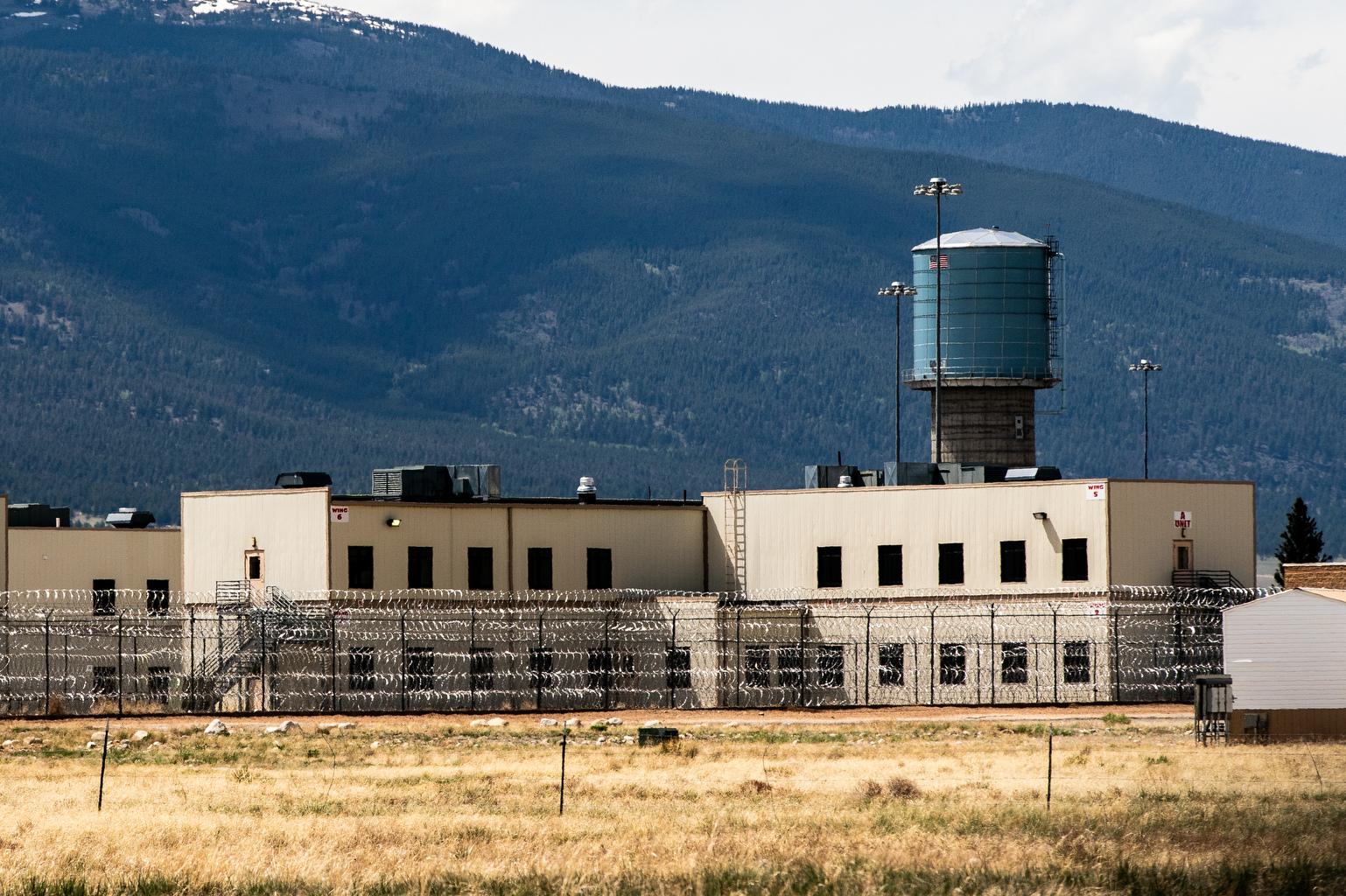
A top-ranking Colorado Immigration and Customs Enforcement supervisor testified Friday that the man and two children stopped and detained in Durango earlier this week were initially mistaken for someone ICE was targeting — but were grabbed and detained by the agency anyway.
Fernando Jaramillo-Solano, 45, and his two children, identified in court as J, a 12-year-old girl in middle school in Durango and K, a 15-year-old boy, were picked up en route to school on Monday and now they are now in Dilley Detention Center in Texas. That’s the only ICE holding facility nationally that accommodates families.
ICE Supervisor Gregory Davies told a judge on Friday in a separate civil case on warrantless detentions that his understanding was that Jaramillo-Solano is what ICE called a “collateral arrest” and that they didn’t have a warrant for him, but they took him in anyway.
It actually played into the hand of the argument made over the past two days in court by the American Civil Liberties Union of Colorado in their newest federal lawsuit against the Trump administration. The ACLU has filed suit arguing ICE fails to assess whether people are at risk of fleeing before detaining them for weeks and sometimes months.
Their four plaintiffs had similar circumstances before they were detained by ICE: they were all in the country without status, they had no criminal records, they had long ties to their respective communities and families and they didn’t pose any known public safety risk.
In a two-day hearing in front of the federal U.S. District Court Judge R. Brooke Jackson, lawyers tried to show a pattern and a practice since President Trump took office of ICE not following the law. That has already resulted in a consent decree imposed by a federal judge in Illinois, where ICE was failing to properly document why someone is a flight risk and therefore should be detained. That’s the same complaint being made against the agency in Colorado.
In court on Friday, plaintiffs lawyer Kenzo Kawanabe showed a number of I-213 forms, which are filled out at the time of arresting an undocumented immigrant, to the judge. Those forms were supposed to show why the various people were considered a flight risk. The forms entered into evidence didn’t have that information.
The federal government argued there wasn’t “standing” in this case, which means it wasn’t appropriate to bring to a federal court for relief. Department of Justice lawyer Logan Brown said the four plaintiffs in the lawsuit would have a “vanishingly small” chance of being arrested again without a warrant and the plaintiffs’ lawyers couldn’t prove future injury.
But Judge Jackson seemed skeptical of that argument and asked why they didn’t just stipulate that ICE follows the law that is in the books.
“They’re not challenging the actual policy,” Brown said, of the plaintiffs’ attorneys.
“They want you to follow your own policy,” Jackson said.
One of the plaintiffs who testified, Caroline Dias Goncalves, was stopped in Mesa County this summer. Goncalves is a University of Utah student and was brought here as a child by her parents from Brazil. Her flight risk or her individual life circumstances did not appear to be assessed by immigration officials before she was detained for two weeks.
Brown, who was representing ICE, said that Goncalves was driving in Colorado, which is out of state from her home and that ICE knew she was a “visa overstayer,” which was enough for a warrantless arrest.
“That’s what your client thinks is enough,” Jackson said. “That’s not what this court thinks is enough.”
While Jackson didn’t rule immediately after the two-day hearing, at times he was openly skeptical of the government’s defense that they already follow the law. At one point, Jackson said it appeared Davies didn’t understand the law he purports to follow every day. Under oath, Davies mangled the two reasons a person should be detained without a warrant nationally.
“There is a policy and these guys don’t follow it, they may just not know what it is,” Jackson said. “I think it’s reasonable that the policy they’re really following is what the supervisors are telling them to do, and the supervisors are saying go arrest people, as many as you can get!”
Jackson said he would issue a ruling as soon as he could.
- Federal judge hears arguments that Colorado ICE agents are illegally detaining people
- Federal judge to hear lawsuit on ICE carrying out “warrantless” arrests in Colorado
- Durango protests grow violent as a local family is detained, then separated by ICE
- Fifth-grade Douglas County teacher detained by ICE and sent to Texas









